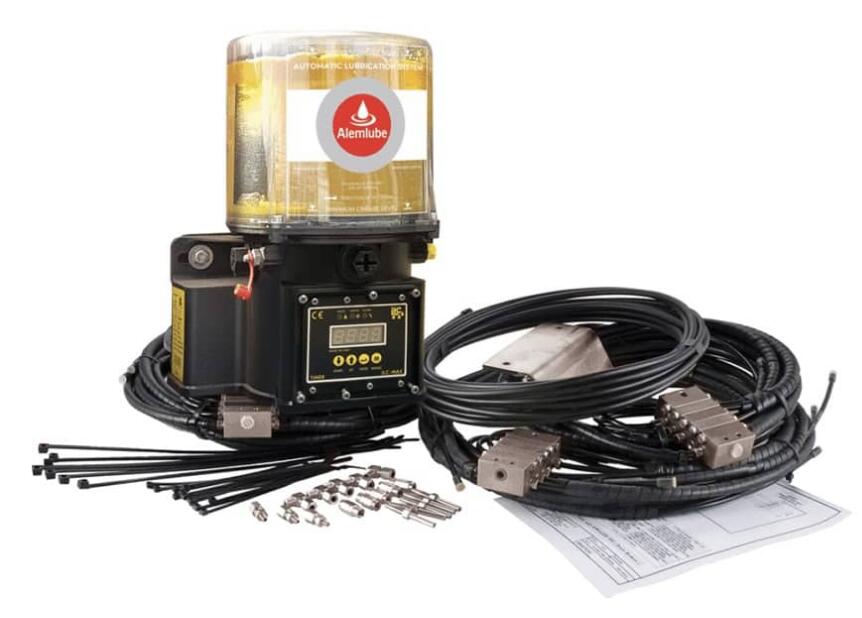Welcome to Sino Bearings web
24x7 HOTLINE:+86-28-81454188

 NEWS
NEWS
Lubrication is the lifeblood of industrial manufacturing environments. Without high-grade, reliable lubricant products, components like chains and bearings have significantly reduced wear resistance, and end up costing businesses far more in the long run. According to John Knight, Lubrication Systems product manager at Alemlube, premature component failure can almost always be put down to poor lubrication practices.
“Over 50 per cent of bearing failures occur from either not enough lubricant or contamination. If bearings are kept properly lubricated and contamination free, their lifespan can be improved many times over,” Knight said.
One of the primary challenges faced in this area is lack of time and resources to ensure comprehensive coverage across industrial sites and plants. The food manufacturing industry presents harsh conditions for equipment performance, so preventative maintenance is crucial to ensuring safe and efficient processes. Often certain roadblocks get in the way, however, such as understaffing, unplanned downtime to due breakdowns and labour costs.
Alemlube’s Automatic Lubrication Systems are expertly designed to carry out ongoing, thorough lubrication of high-friction or high contamination areas. Every hour of operation, they distribute small amounts of fresh product to provide an ongoing collar of grease to designated components. If an issue arises upon application, the pump triggers a visual alarm to advise a necessary inspection.
“Often there are simply not enough hours in the day for customers to correctly maintain their plant and equipment,” Knight said. “Some sites overlook maintenance and focus mainly on production, but this can be to the detriment of reliability and long-term plant health.”
Another crucial benefit of implementing Automatic Lubrication Systems is ongoing safety for workers. Over-lubrication can just as easily damage these parts, and so ensuring a measured, timely application can be cost effective and time saving. Food handling can involve a multitude of hazardous touch points, such as hot ovens and conveyors. Minimising the amount of manual lubrication required can drastically improve the overall safety of employees, explains Knight.
“Hand lubrication is hazardous. Automating this process also allows for continuous production – halting machines frequently for maintenance and lubrication is not often possible, as added downtime proves to be expensive. It also reduces the risk of contamination when you are dealing with strict sanitisation protocols for food handling.”